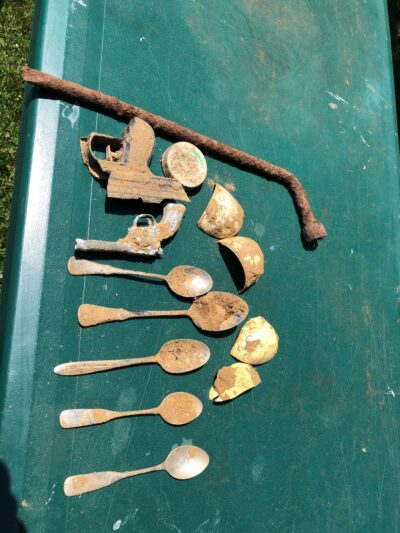

ChatGPT the end of writting?Nah.Probly not
ChatGPT has been out there since November. It’s an artificial intelligence language model that according to its developer OpenAI’s website, does this:
We’ve trained a model called ChatGPT which interacts in a conversational way. The dialogue format makes it possible for ChatGPT to answer followup questions, admit its mistakes, challenge incorrect premises, and reject inappropriate requests. ChatGPT is a sibling model to InstructGPT, which is trained to follow an instruction in a prompt and provide a detailed response.
A visitor to the site can type “input”–give it a try!–and the language-trained bot responds, right in front of you, sometimes quite “realistically.” The rumblings are out there. Is this the end of writing as we know it? Writing instruction? Thinking?!
Two very different friends contacted me about ChatGPT recently. I wrote back to the first, and then I based my email to the second on that initial message:
Happy 2023, and it’s always great to hear from you!
Yep, lots of dialogue—especially on the writing studies/composition forums I’m involved with—and plenty of hand-wringing from others.
The Office of the Provost [at Drexel] has assembled a Task Force about ChatGPT. I’m on it, and we meet in two weeks. I still have to get my head around all the conversations, but I’m not feeling like the sky is falling. Here’s a good piece: https://www.insidehighered.com/news/2023/01/12/academic-experts-offer-advice-chatgpt?utm_source=Inside+Higher+Ed&utm_campaign=c8d2e06e36-DNU_2021_COPY_02&utm_medium=email&utm_term=0_1fcbc04421-c8d2e06e36-236304341&mc_cid=c8d2e06e36&mc_eid=fccc03c8b1
Also, here’s a snip of an email I just wrote to another buddy of mine. He sent me a text about if ChatGPT means the “end of writing”:
“ChatpGPT—the airwaves are blowing up! Is it the end of writing? I think that’s premature. In fact, if you don’t mind, I’d like to use your message to me in a blog post (anonymously of course). I’m not ripping on you at all. Here’s exactly what your text said: ‘Chatgpt? The.end of writing’ It is going to be VERY challenging for this AI to capture this writing style. All lowercase app name. The period between ‘The’ and ‘end.’…”
It won’t end writing–I mean, in a way, text to speech could already do that–but it’s going to push writing instruction. A lot of teachers are wringing their hands on professional forums I’m part of, but I’m like, well, be more creative with your assignments. If you ask for essays on topics like ‘What do you think of Hamlet’s indecision?’ or ‘Argue for/against gun control in five paragraphs” you might be making the bar too low for students to plagiarize or cheat!
I’m digging into this more each day and can keep you posted.
Take care,
Scott
The communicative “nesting” here is significant. I wrote to one friend incorporating a previous email response to another. This is a deep rhetorical complexity that will be very challenging to reproduce by a machine. Not to mention, as I point out, the kind of quirks that appear for all of us in the fast-paced writing we compose via email, text, and chat.
In terms of teaching, as I say above and wrote on my other blog Online Writing Teacher (chugging away since 2004!), to paraphrase: It’s the assignment, stupid. In teaching, when we wanted to take the easy route with assignment instructions, there have always been consequences. Geez, I knew people in the 80s college scene who drove to a literal warehouse and bought papers on canned topics.
Ian Bogost provocatively said in The Atlantic, “… you may find comfort in knowing that the bot’s output, while fluent and persuasive as text, is consistently uninteresting as prose.”
ChatGPT doesn’t seem to be the end of writing or writing instruction (or humanity), but it will–and should–make teachers more aware of what we do. Stay tuned.







